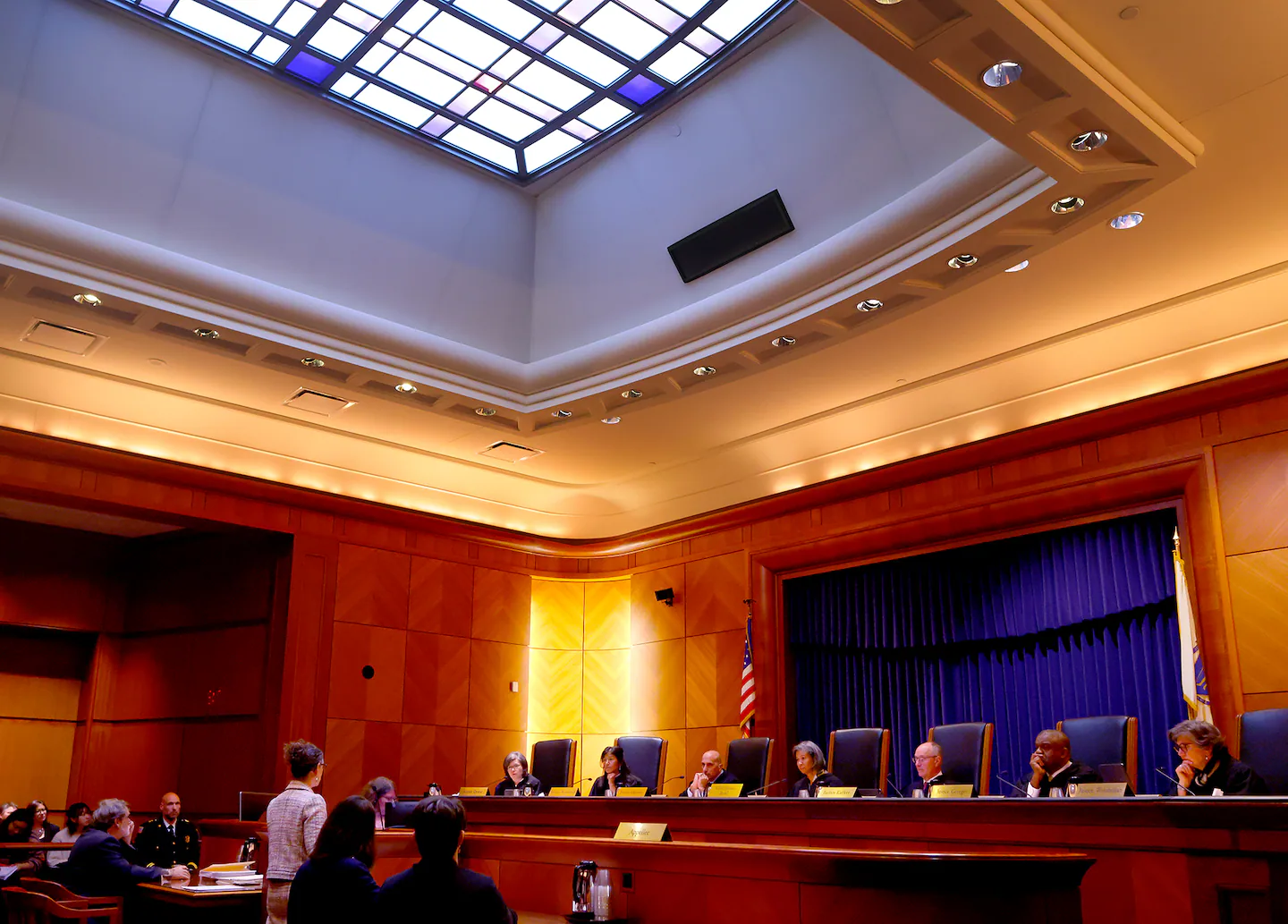Copyright The Boston Globe

She’s known as M.S.P. in recent court filings, and her case tells a tale of exactly what the right to counsel means for the indigent — and what happens when there just aren’t enough public defenders to go around. According to an affidavit filed with the state’s highest court, M.S.P has been without counsel for more than three months since her arraignment in July on charges of receiving stolen property. During that time she has been in and out of custody — but has spent at least four weeks behind bars and been arrested for not appearing at a status hearing “at which nothing substantive could occur because no defense attorney was available to represent her,” the affidavit noted. She is one of hundreds of so-called Lavallee defendants, who, under a protocol set up by the state’s Supreme Judicial Court in 2004 to deal with an earlier crisis of unrepresented indigent defendants, are entitled to have their cases dismissed after 45 days or after seven days if they are in custody. That’s the theory. And sometimes it works, just not all the time. Advertisement The affidavit filed by the Committee for Public Counsel Services, which provides many of those state-funded lawyers, noted the current system “exposes unrepresented defendants,” like M.S.P., “to an unfair risk of being arrested for the offense, in effect, of not having a lawyer.” Massachusetts has been wrestling since spring with a severe shortage of public defenders touched off when private bar advocates, who typically handle about 80 percent of the cases of indigent defendants (to some 20 percent handled by CPCS) began a work stoppage aimed at increasing their state-mandated hourly rates. The work stoppage has thus far netted them a pay boost from the Legislature of some $20 an hour, from $65 district court pay to $85, an increase that is being phased in over two years. That and a short-term incentive bonus for those willing to take cases in Suffolk and Middlesex counties have helped — but haven’t solved the problem. Advertisement So last week CPCS argued before the SJC that the court should simply step in and set a higher pay rate — at least until the Legislature acts. In effect, they were suggesting that the court trade one constitutional crisis involving the right to counsel for another — the separation of powers clause in Article 30 of the Massachusetts Declaration of Rights. It was something the justices seemed reluctant to do. “Can we really kick that amount up, just pick the number, or do we stay on our side of the separation of powers and do everything we can on our side?” Justice Scott Kafker asked CPCS attorney Rebecca Jacobstein. “Because the Legislature’s got a lot of competing problems,” he added, citing health care and homelessness. “This is ordering the Legislature to go and find some money and redo its budget,” Justice Dalila Argaez Wendlandt said. And while the court is unlikely to jump into the budgeting fray, it is certainly not uncommon for the SJC to give the Legislature the benefit of its wisdom and advise that lawmakers fix a problem that only they have the power to ultimately solve. Meanwhile Wendlandt, sitting as a single justice, is expected to hold a hearing on how exactly the patch, patch, patch approach provided by the Lavallee protocol is working on the ground — including the case of M.S.P. As of last week some 900 indigent defendants remained without counsel, according to Jacobstein, despite the agency’s best efforts to fill the gap, even as it hires and trains the first group of new defenders — part of the Legislature’s effort to beef up the agency and make it less dependent on the private bar advocates. The agency is expected to add about 320 new lawyers over two years. Advertisement But two years is a long time to wait in the midst of a crisis — and there seemed little doubt on the part of the justices that this indeed remains a crisis. And temporary solutions are hard to find. Asked by the justices about efforts to solicit help from the state’s top law firms to deal with the most serious cases involving defendants actually being held in custody, Jacobstein said she had indeed reached out to about 20 firms with criminal law practices asking for either pro bono help or those willing to accept the statutory rate. Thus far all have declined. So CPCS will continue to deal with the cards it has been dealt. Jacobstein this week will be asking Wendlandt to make some changes in the existing protocols to prevent the kind of revolving door justice experienced by M.S.P. and asking that cases be dismissed with prejudice, meaning they can’t be reopened. That would certainly provide another incentive for the Legislature to revisit the pay raise issue for bar advocates and its funding. The Legislature’s instinct to beef up CPCS was spot on. But its decision to lowball the pay raises for bar advocates — who will remain an essential part of the criminal justice system for the foreseeable future — was ill-advised. Their pay scale remains far below that of neighboring states and has for some time. This is a fixable problem — one that can not and should not be allowed to become a public safety problem. If it does, it’s Beacon Hill that will have to shoulder the blame. Editorials represent the views of the Boston Globe Editorial Board. Follow us @GlobeOpinion.



